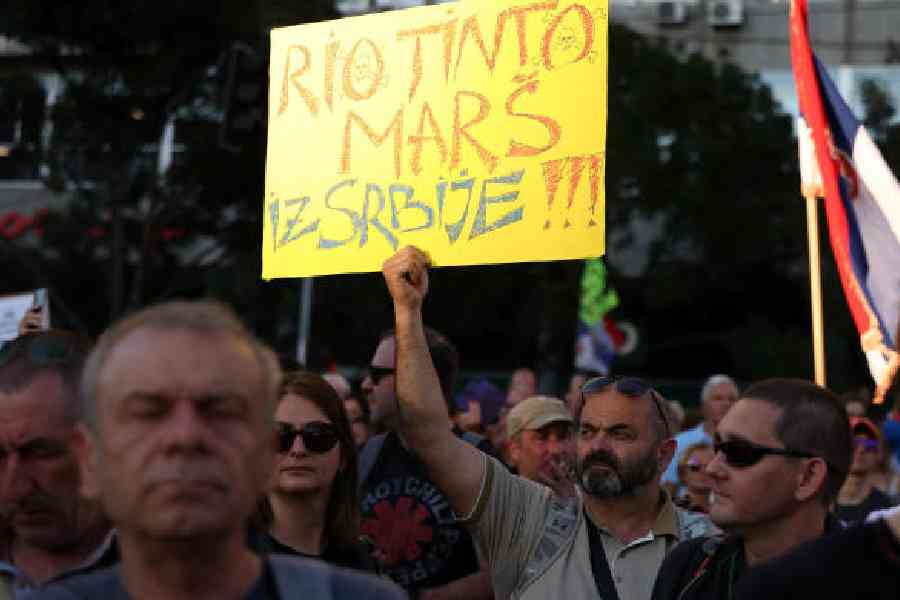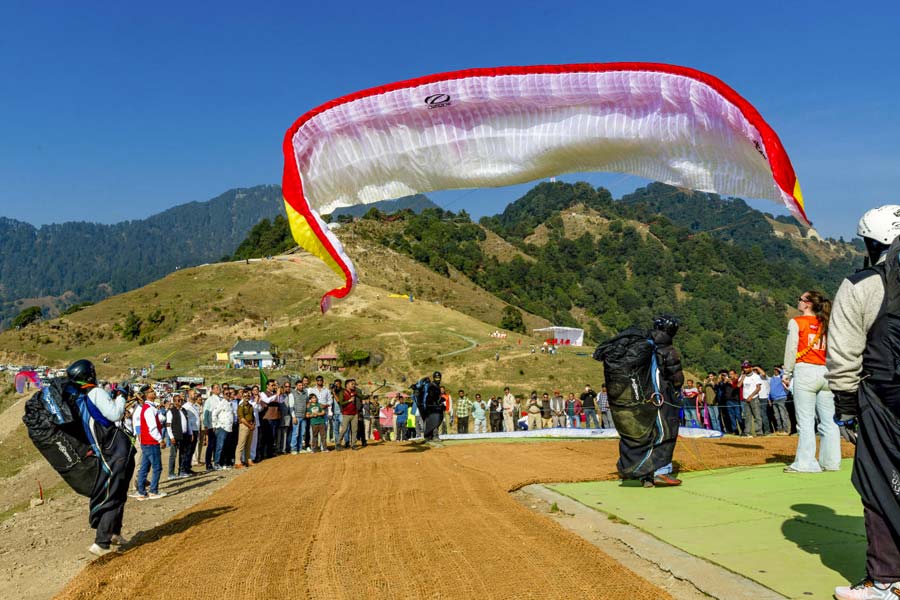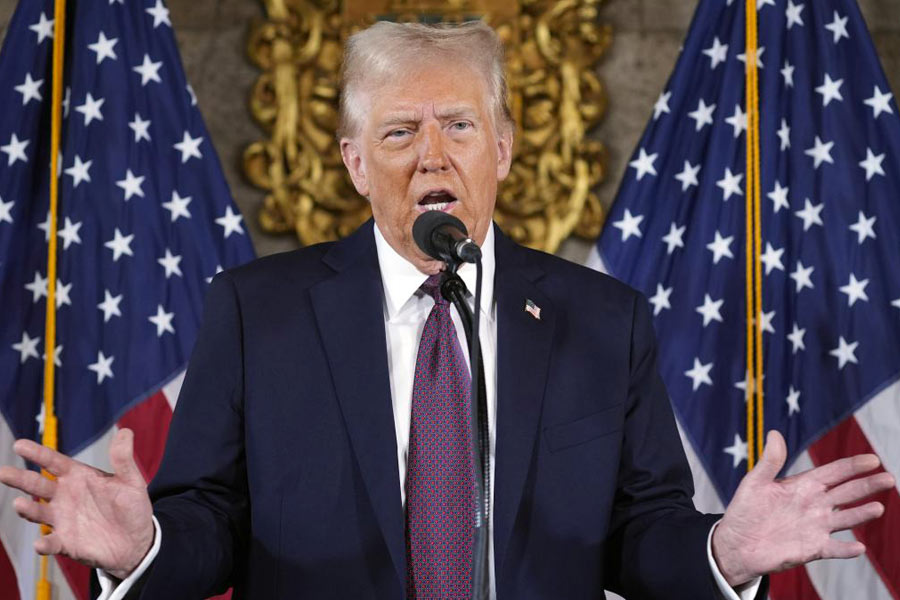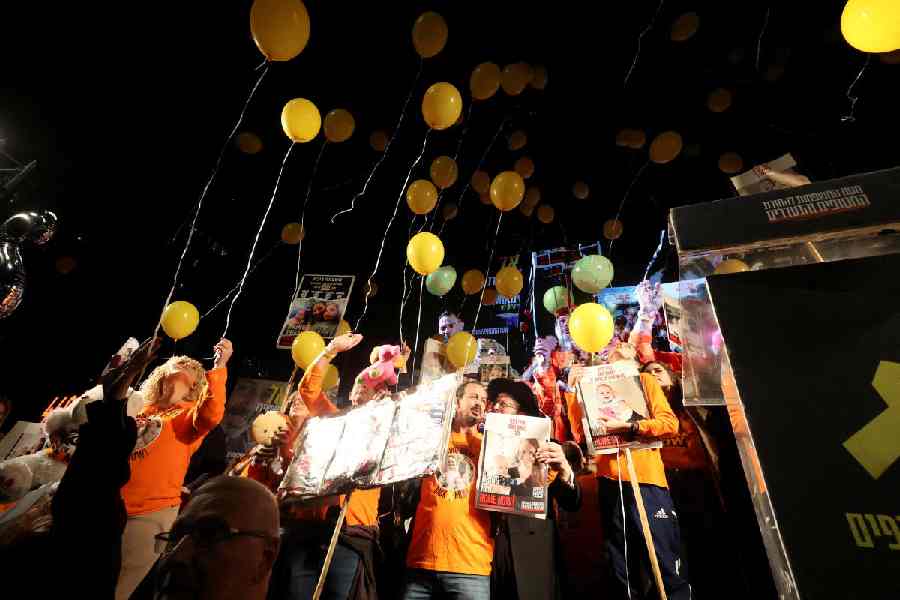Their windows broken and roofs smashed, the abandoned homes in an otherwise bucolic valley carpeted with cornfields and orchards near Serbia’s border with Bosnia look like the wreckage of the Balkan wars of the 1990s.
But the houses are actually the casualties of a current struggle freighted with geopolitics: where and how Europe can get the materials it needs to make electric car batteries and break its dependence on sources like China.
The houses, in the Jadar Valley in the west of Serbia, were bought up years ago by the minerals behemoth Rio Tinto, which planned to tear them down and start mining and processing lithium, a crucial element for electric car batteries. Its plans stalled by vociferous opposition, the company left the properties to crumble.
The project has been supported by the US and the European Union, which is in desperate need of lithium to meet its climate goals. But it has generated a wave of public fury in Serbia, where fears that the mine will poison the air and water have set off huge street protests against President Aleksandar Vucic.
Europe has plenty of lithium and more than 20 mining projects for the mineral at various stages of development. But none have started producing battery-grade lithium. The giant project in Serbia was aimed at filling that hole.
“There is no green transition in Europe without this lithium,” said Chad Blewitt, the head of Rio Tinto’s Serbian operations, adding that the company planned to invest more than $2.55 billion in the project.
The Serbian government gave preliminary approval in 2019, but, worried about losing votes during protests against Rio Tinto before a 2022 election, cancelled it.
Under pressure from the European Union, which Serbia aspires to join, the government changed its mind in July, allowing Rio Tinto to revive the project. The British-Australian multinational says it has already invested nearly $600 million to buy land, dig 500 exploratory holes, commission studies and make donations to the local soccer club and other entities.
Serbia’s mining minister, Dubravka Djedovic Handanovic, said mining probably would not start for another two years, but once it did, lithium from the Jadar Valley would allow Serbia to manufacture batteries and electric cars, providing about 20,000 jobs.
The proposed mine in Serbia has not only provoked fury among farmers, environmental activists and ordinary citizens, it also has become a proxy battleground in the West’s efforts to extract the country from the orbits of Russia, its traditional ally, and China.
For those who view Serbia as a partner for the US and Europe rather than a Moscow-aligned and authoritarian regional bully, Vucic’s support for Rio Tinto, along with his assent to Serbian-made weapons being sold covertly to Ukraine, is evidence he was serious about disengaging from Russia.
Russia has strong support among hard-line Serb nationalists, and some diplomats and analysts say Moscow has been stirring the unrest over the mine. Vucic, however, has said Moscow told him that the West is orchestrating the protests because it wants to topple him.
“Unfortunately, it has become a political fight, a big political battle,” said mining minister Djedovic Handanovic.
Among those taking part in recent nationwide demonstrations against Rio Tinto have been leaders of People’s Patrol, an ultranationalist group aligned with Moscow. Social media accounts known for spreading Russian disinformation have been active in promoting horror stories about the planned lithium mine.
But leftists and middle-of-the-road pro-Europeans have also joined the protests, chanting opposition to a project that has become a lightning rod for diverse grievances against the government.
New York Times News Service











